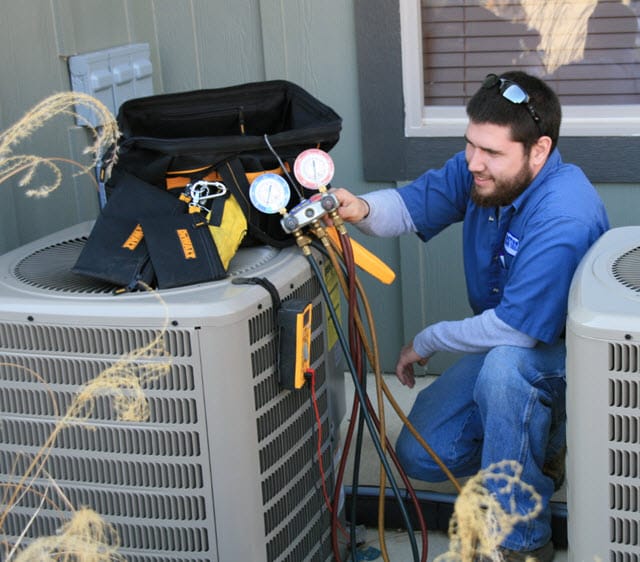Now that you have been operating a successful HVAC business, how often do you find yourself searching Google for, “How to grow my HVAC business” or asking yourself, “What’s my next step? How do I grow?”
With this “How to Grow Your HVAC Business” guide, Interplay Learning will go over business management tactics and training to empower you to take your HVAC business to the next level.
HVAC Business Management
Managing your HVAC business involves a number of moving parts like handling finances, marketing to potential customers, and training technicians. Since the HVAC market is projected to grow nearly $10 billion by 2030, now is a great time to double down on your systems and business management. Fortunately, your HVAC business plan prepared you for a successful start and expansion.
To grow your business, you will need to find new ways to generate growth in your customer base. One way to do this is to focus on your marketing. Marketing your business with social media, email marketing, branded trucks, and more can help your brand footprint grow. In addition to marketing, training your technicians to provide top-tier HVAC services is also key to growing your business.
When your techs are delivering their best, customers are more likely to return for your services. They also may recommend you to their friends and family, which can turn into new repeat customers. According to SEM Rush, “78% of people rave about their favorite recent experiences to people they know at least once per week.” Investing in a culture around training keeps your technicians up to par and allows you to deliver an exceptional customer experience.
HVAC Technician Training
Creating and maintaining great training can be challenging. Training can take up a lot of time if you are creating the training or conducting the training yourself. The more time spent on training, the less time you and your technicians are in the field helping customers.
That’s why maximizing your training program is key to business growth and excellent customer service. When your technicians are highly trained from the beginning, they are able to take on higher-paying HVAC jobs more quickly, which increases your bottom line, positively affecting your business in the long run. One option for this would be SkillMill, Interplay Learning’s always-on immersive training platform. SkillMill creates job-ready skilled trade workers faster and easier than ever before. With 300+ hours of content and hands-on 3D simulations, it’s like having another expert on your team and provides well-rounded training that is more efficient than any other training program.
Safe and Effective HVAC Simulation Training
As the saying goes, “practice makes perfect!” However, there are financial and safety risks to consider when new technicians implement their training for the first time.
Hands-on simulation training allows technicians to apply their training in a real-world context without the consequences of potential mistakes or unforeseen circumstances. Evidence from years of simulation training for hands-on, high-risk occupations (such as airline pilots and surgeons) clearly indicates that training beyond traditional methods like lectures and reading improves learning outcomes while minimizing risk.
Implementing online 3D or VR simulation training, like SkillMill, in your plan to grow your HVAC business will allow you to train more technicians more quickly, with less risk. These highly trained HVAC technicians will allow you to service more potential customers and increase revenue.
HVAC Sales Training
Not only is it important that your technicians know how to repair and install HVAC systems, but also how to communicate with customers to close sales. Your HVAC sales associates will be responsible for sealing the deal with prospective customers, which is why honing those soft skills in training is just as important as the technical training.
Your training will need to focus on a few key components to prepare your employees. The traditional sales cycle involves seven steps:
1.) Prospecting Customers
This step involves finding new customers. Your marketing strategy, as discussed above, will help with this process. When it comes to necessary services like HVAC, many of your leads will be “soft leads.” HVAC repairs and maintenance are not “optional,” so when someone needs a specific service or a simple inspection, they will be contacting an HVAC business. This is where the next step comes into play.
2.) Connect with Qualified Leads
Not all customers are going to be a good fit for an up-sell. Train your technicians and sales associates to identify the customers whose needs are relevant to the up-sell. For instance, offering any upgrade to someone with a brand-new system will not be as effective as offering them something like product protection. You do not want to invest time and energy into a situation with low potential.
3.) Research
Knowledge is power. Once it’s clear which of your customers (or types of customers) are a good fit for the services you are pitching, encourage your associates to learn more about those customers and the HVAC industry as a whole. This will prepare them to communicate with integrity and address any objections. This leads to steps four and five.
4.) Make your Pitch
Now that your associates are equipped with the best information, it’s important to deliver it with integrity and precision.
5.) Address Any Objections
Objections and questions from customers should be expected. Associates should be trained on how to gracefully answer questions and be prepared in advance with answers to any possible objections.
6.) Close the Deal
Asking for the sale is the most important step. All of the research and conversation should lead to a satisfied customer and an increase in revenue.
7.) Nurture and Upsell
The first sale should not be the last. When it comes to HVAC services, there are always more opportunities to connect with your customers, whether it’s through routine maintenance or upgraded technology. Repeat this cycle and the training to keep your customers close.
Up-Selling Soft-Skills & Tips
While there are endless ways to customize your customer interactions, there are a few up-selling tips you can include in your HVAC sales training.
1.) Don’t be pushy
No one likes feeling trapped or disrespected. Handling objections and addressing concerns are important sales skills, but it’s just as important to recognize when a customer is not interested. You may not close the deal, but a good relationship can turn into a sale down the road.
2.) Offer a reward
Whether it’s a discount or an additional offer, an extra benefit can make the customer feel valued and take that step to invest more in your HVAC services.
3.) Refer to previous customer satisfaction
This circles back to word-of-mouth marketing. If a customer gets proof that the service works or improves their life, they are more likely to agree to the sale.
To grow your HVAC business, it’s important to invest in effective business management strategies, including an efficient and effective training program. Ensuring that your technicians have the best technical and soft skills to deliver excellent customer service is one of the best ways to increase revenue and expand your business.
Interplay Learning can help you take the next step in creating an efficient and effective training program with SkillMill. Through realistic virtual simulations, instructional videos, and more, you can help get your technicians out in the field in weeks, not years, and do the job right the first time. With SkillMill, they can safely and effectively learn the skills they need to deliver excellent HVAC services and have positive customer interactions, helping you grow your business in the process.
To find out more about how you can build a training program that will help grow your business, request a demo from Interplay Learning today.








